Why Junior Year Had Me Rethinking Everything
Entering junior year, I started noticing my peers gearing up for their futures. Many were preparing for careers in finance and top-tier consulting firms, practicing McKinsey cases and tackling the 400 Investment Banking Interview Questions & Answers You Need to Know. Their determination made me question my own path. Should I continue my studies or jump straight into the workforce?
Feeling overwhelmed, I decided to map out my options with a decision tree. If I chose further education, what should I study? A master’s or PhD? And where? If I decided to work, what industry or role should I pursue for my first job? And what if neither option felt right? Should I become a full-time Research Assistant or a pre-doctoral fellow to prepare for future PhD applications, seek an interesting internship, or perhaps engage in volunteer work?

These possibilities swirled in my mind, each branching into unknown paths filled with potential. I was both attracted to and intimidated by these options. As Søren Kierkegaard aptly said, “Anxiety is the dizziness of freedom.” This quote resonated deeply with me, capturing the essence of my internal struggle.
I turned to my parents for advice. They were pleased to see me planning for the future but also reminded me not to stress too much. They encouraged me to be open to new experiences and assured me of their support, whatever I decided. Their words gave me the confidence to start exploring different paths, knowing that I didn’t have to have it all figured out immediately.
I began by securing an undergraduate Research Assistant position at the biz school, assisting a professor in analyzing regional industrial policies and trends. The professor was incredibly supportive, guiding me through the process of reading academic papers and writing literature reviews. This experience transformed me from a complete novice into someone with a basic understanding of academic research.
However, I soon realized that academic research wasn’t for me. The endless hours spent reading journals and conducting empirical studies left me feeling uninspired and distracted. I craved a more hands-on role, something that involved directly solving business problems. I felt my strengths and passions lay in practical, real-world applications rather than theoretical research.
By ruling out academia, I started focusing on the industry side, using internships to find my niche...




